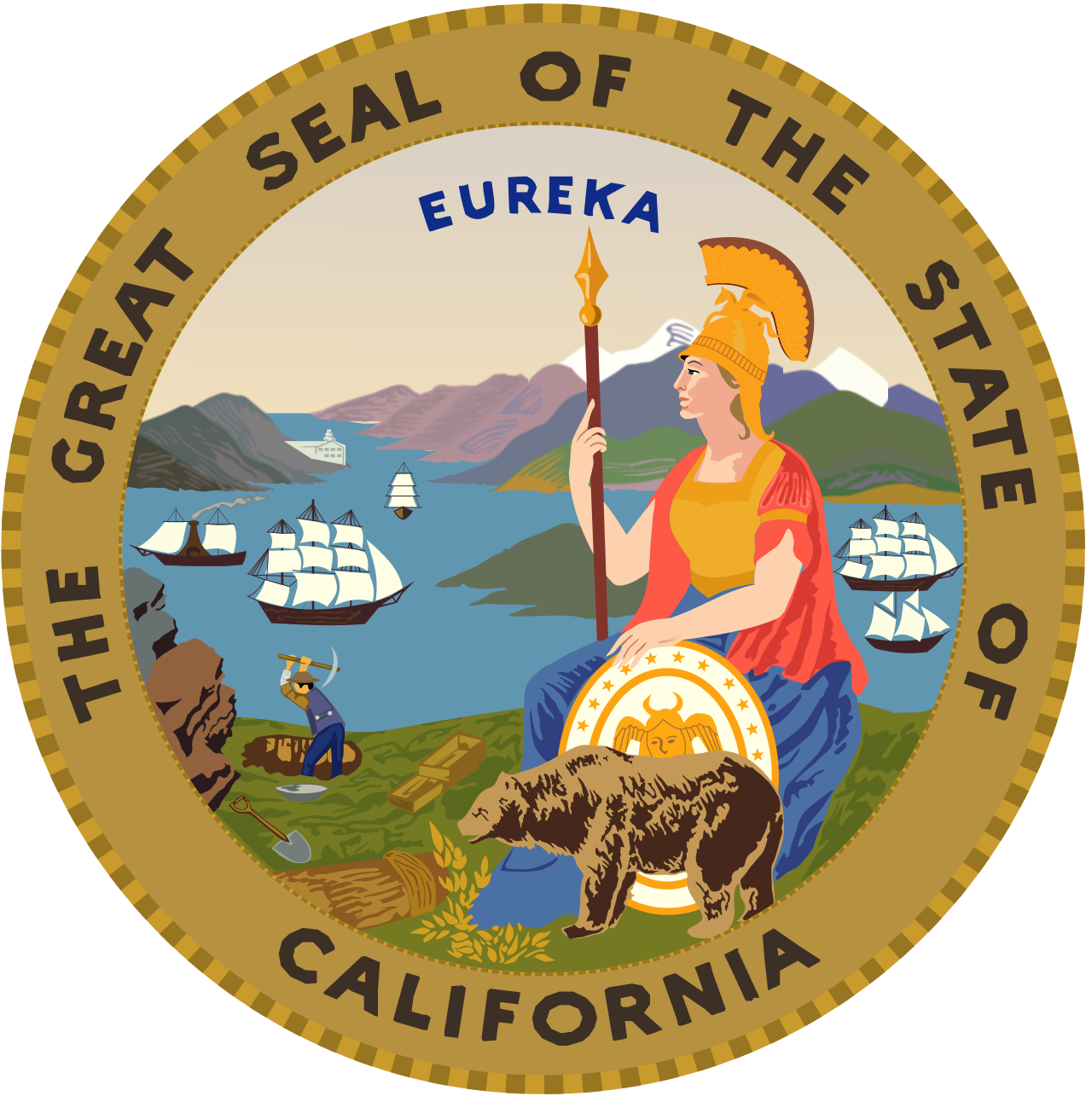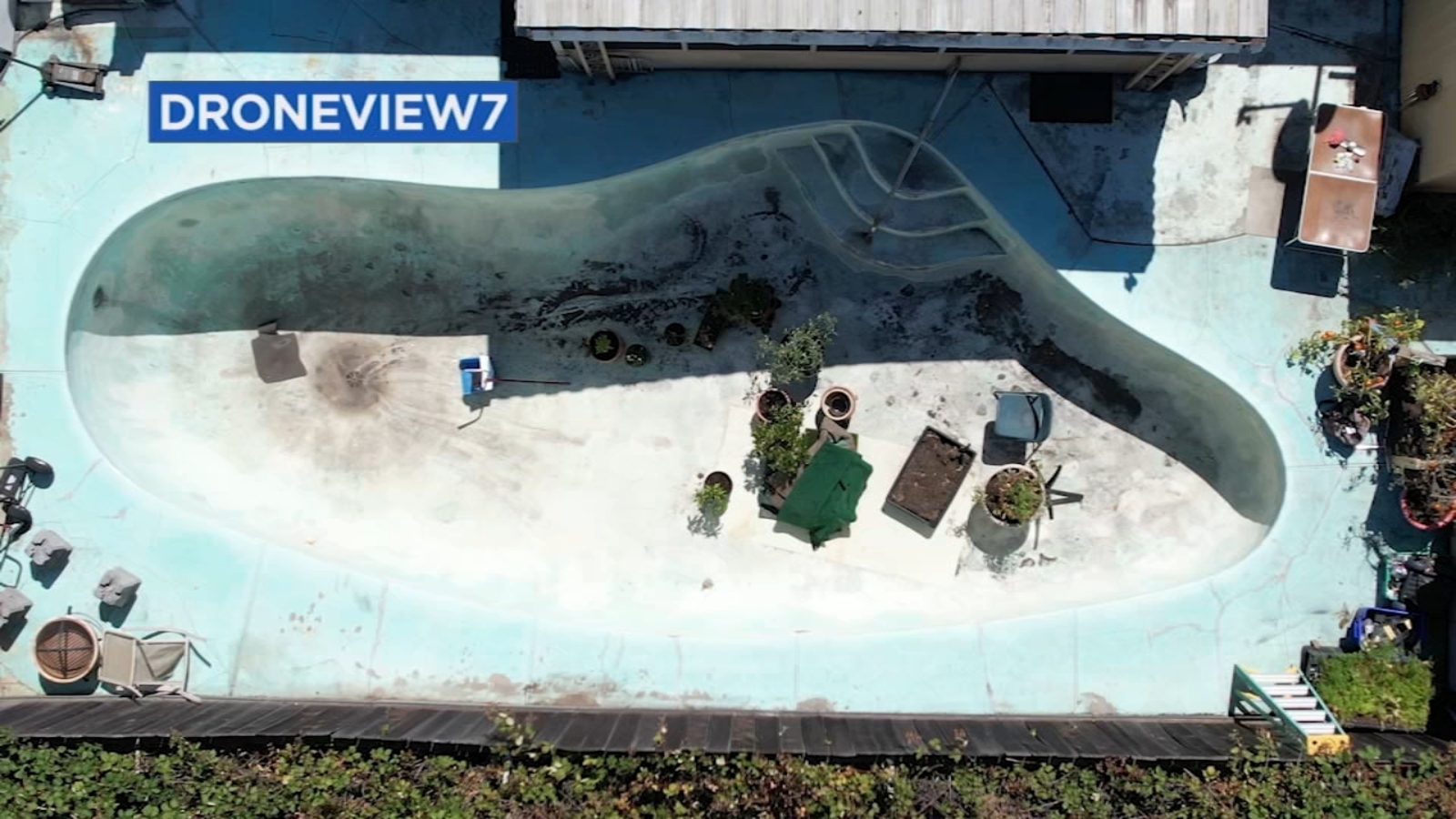It’s becoming harder and harder to get a homeowner insurance policy in California. State Farm and Allstate stopped writing new policies, citing wildfire risks. Others are limiting new customers.
And now, several viewers tell San Francisco’s KGO-TV that AAA is not renewing their longtime policies – and it has nothing to do with wildfires.
These homeowners were surprised to find out aircraft and satellites were taking photos over their homes. They were baffled to find out the reasons AAA dropped their coverage – everything from clutter in the yard to draining a swimming pool to save water.
This is all a ploy by insurance companies to put pressure on the insurance regulator.
Nobody thinks downtown SF is a wildfire risk but they’re still restricting policies in places like thatThis makes more sense. I was reading through this wondering wtf they’re thinking.
Similar game played in WA. Insurance commisioner enforced a rule without a vote to make it harder for insurance to set rates based upon zip codes, citing inequality. Then insurance rates skyrocketed for everyone else. Im not sure if it backfired or helped anyone other than the few people who shopped for better insurance, like I did at the time. I had the extra time to shop and go through the pain of getting another insurer but I’m sure others just ate that bigger bill all while insurers got a nice fat pump in their profits.
We put together a public option, we’d see these shenanigans stop real quick
Thats looking like a better option for many industries. Unfortunately those industries have a lot of money to buy politicians and make sure its a failed option.
Private insurance never made sense. The goal is to have the biggest, and most diverse risk pool, so no one event sinks the entire hedge. That means monopoly, and if you have any sort of reasoning capacity, state-run monopoly.
When private firms say “oh, we’ll only do business in a ‘low-risk’ area”, they’re basically asking the fates to pull something like the New Madrid earthquake on them. There is no substitute for diversified risk.
I’d also be unsurprised if a lot of modern “risk analysis” is redlining with extra steps.
We put together a public option, we’d see these shenanigans stop real quick
You have the California FAIR plan. Its much more expensive than any private offering because they don’t have to follow the rules of private insurers in California. Insurance in California is heavily regulated, especially around premium increases. This is why the insurance companies are pulling out; not because the regulations per se, but the math of how much they can charge, versus how big the risk is, is just too high.
These companies are greedy af. I can assure you they want to be making money in a trillion dollar market. The point is that they can’t.
- the fair plan is expensive because they fund the properties that insurance won’t fund. That risk pool is greater. There’s a lot of examples of private money taking the low hanging fruit and leaving anything expensive for the public sector to take care of.
- These insurance companies have been taking premiums for years, and are now trying to weasel out of coverage to limit costs before an emergency happens. All benefit, no cost. That’s not okay. If they’re concerned about their bottom line, there’s lots they can do - like limiting where they offer policies to only those areas within the urban limit line and excluding places built up in the hills.
While possible that it was in retaliation… much more likely is simply… this is how insurance is calculated. Insurance is your agreement with a company for them to accept a portion of the risk of a large claim payout in exchange for a monthly payment. If the way the company calculates that risk is forced to change, of course the premiums will too.
In your example, the insurance companies were able to separate by zip code the areas that were higher or lower risk, which is one of the biggest factors that directly affects how likely they are to have to pay out a claim, and thus your monthly premium. A homeowners insurance premium has very little to do with your home itself, beyond the overall value and roughly what condition it is in. Much of it is based on the surrounding area, because that’s where the most risk comes from. It’s not from grandma for getting to turn off the stove and lighting a candle, it’s burglars breaking in or the seasonal chance of a wildfire destroying the property.
For instance, a person living in an area of the city that sees property crime rate at 5000% of another will of course have a different risk factor for the company to need to pay out, and the insurance premium takes that into account. If the company can no longer separate areas on a smaller scale, then the calculation will instead have to look at a larger area to determine risk, like an entire county for instance. The most risky areas could have seen their insurance costs drop a bit while the “safer” areas saw it rise, not because the company is actively trying to increase a cost, but simply because the overall risk of the new larger area is higher than their zip code was. It likely doesn’t even involve a person making a change other than telling the algorithm to replace the zip code risk factor with the county risk factor. Insurance companies make money by collecting money from a ton of people in the area and then profitting off the difference between the premiums and what they have to payout in claims. In areas with higher risk, payouts are predicted to be higher so the premiums are higher to compensate. It’s still a profit-driven business after all, they aren’t going to reduce their profit because you live in a dangerous area, you will just have to pay more.
The entire point of insurance is to socialize and share losses, via a private company. An individual doesn’t have to bear all the responsibility because a company or other group is willing to accept part of that responsibility in exchange for the monthly premium. Insurance is just sharing risk, and by removing the company’s ability to separate by zip code, the overall risk for everyone changed because the surrounding region they can calculate risk from covered changed.
Ah yes, San Francisco. The city which burnt to the ground no fewer than 2 times in its very brief history.
I just bought a house in California and my state farm rep said they’re not doing any new home insurance policies, but they intend to start again at some undetermined future date.
In Quebec you wouldn’t be able to get a mortgage as long as the house is not insured… If they stop giving policies here, we’re going to have bigger issues…
No issue for corporations paying cash and making everyone a renter.
Other companies still issue insurance here, but with less competition and no loyalty discounts, the price might be higher.
Key bec? Queue bec? Ka bec?
Ke-beck en francais, kwa-beck for the English speakers.
Try GEICO. I just bought a house and had no issues at all.
Leaving a pool empty does actually cause structural problems which the insurance company would like to avoid. Empty pools sometimes just pop out of the ground if there is groundwater to lift them up.
I wouldn’t have thought this happened in a million years - but it seems so obvious in retrospect. Thanks for the info. Does this happen to other sealed sub-ground structures? Are things like floor safes and storage cellars safe?
Removed by mod
I’ve seen it happen to a giant steel poop holding tank. It was empty when there was a flood and it popped right out of the ground.
Most sealed structures like that should be heavy enough to not float, especially a cellar with a house on top, or a safe with thick walls. Unlike a pool, those are designed to be filled with air, so they would depend on heavy materials in their construction.
I love when people like you drop these types of facts with links. Thanks!
deleted by creator
Insurance companies have access to lots of satellite images but usually they are taken about once a year.
Most urban areas are flown with manned aircraft, 3-6 times a year. You don’t use satellite for this kind of work. Its usually 6-30 cm GSD and often taken in a 5-7 camera system so that you get oblique looks down the sides of houses.
Exactly and yes you can pay for access to that but I have never seen anywhere that has it updated more than once a year. Way too expensive. Some rural areas have hardly any flyover images available at all.
Exactly and yes you can pay for access to that but I have never seen anywhere that has it updated more than once a year. Way too expensive. Some rural areas have hardly any flyover images available at all.
Well you are just… wrong.
I buy from Vexcel, Hexagon, Nearmaps. I’ve commissioned flights for aerial imagery and lidar on the order of thousands of square miles.
Vexcel flies the entire continental US a minimum of 2x per year in their blue sky program. Even semi urban areas are usually getting three times per year or better. At least a leaf on/ leaf off flight. And that’s just one supplier.
Please don’t push ignorance of a thing as a form of information. Your ignorance of a thing is not a form of evidence.
Hello, do you buy this data or commission these flights as part of your job? What are these images useful for? I get the insurance verification, and some other uses like wildfire surveys and stuff but that’s about all I can think of. Road surveys maybe?
Can anybody commission these, in terms of permissions and in terms of cost?
Either way this is super cool info. Thanks for sharing.
Hello, do you buy this data or commission these flights as part of your job? What are these images useful for? I get the insurance verification, and some other uses like wildfire surveys and stuff but that’s about all I can think of. Road surveys maybe?
I’ve been in the field of remote sensing since around the year 2000. Remote sensing data is used for literally anything you can think of. I started in sonar, but moved on to lidar and imagery (satellite and aerial), and some hyperspectral. If you want to build a highway, you fly lidar. If you want to build a building, you’ll use lidar. If you want to know where flooding will happen, guess what? Lidar. Plant health? Lidar or imagery, or hyperspec. Land cover? Lidar or imagery.
I’ve worked at pretty much every position in the stack, from field operator to senior scientist. My work these days focuses mostly on wildfire risk, carbon forestry, land cover, and outdoor water use.
Edit: And as far as buying data? Sure. No problem. But its not cheap. I got a quote for a client two weeks ago that was a 240 acre site and it was going to cost ~20k. This was for a very high resolution dataset, with a fair amount of processing.
Cool thanks for sharing that information. I’m so sorry I said something that may not be accurate in your opinion or fact. I’ll leave the internet now forever.
The news video clip in the article says they flew a freaking drone over his house… More than a little dystopian.
pool cover would have helped, wink
In some cat models for wildfire, a pool is a big plus because it means a fire fighting crew much more likely to defend your space as there is a ready supply of water.
It’s the same everywhere. Eventually you will have to just skip insurance and just save your own money.











